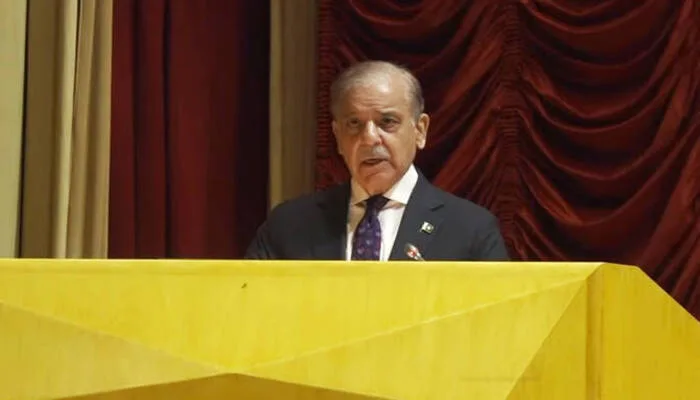
Khyber-Pakhtunkhwa (K-P) is facing major revenue losses due to forced gas curtailment, which has slashed hydrocarbon production from local fields. The province receives royalties and windfall levies from oil and gas extraction, but output cuts—triggered by LNG imports from Qatar—have sharply reduced these earnings.
K-P Protests Revenue Loss
The K-P government raised strong objections to the federal authorities over the cuts. At a recent meeting, the province’s special assistant on energy stressed that production losses are damaging not only the economy but also underground reservoirs. He urged for a formal mechanism to prevent such curtailments in the future. The federal government acknowledged the issue and agreed to consult stakeholders for a national resolution.
Read: Four India-Backed Terrorists Killed in Balochistan Operations: ISPR
Impact on Energy Companies
Major companies, including Oil and Gas Development Company Limited (OGDCL) and MOL, have been forced to reduce output. This has intensified concerns among exploration firms, who also face growing circular debt. Due to domestic shortfalls, Pakistan has ramped up LNG imports—raising the import bill significantly.
Refinery Shutdown Reflects Deepening Crisis
Attock Refinery Limited (ARL) announced the shutdown of its main crude distillation unit until June 1, citing a sharp decline in local crude supplies. The unit, with a capacity of 32,400 barrels per day, suspended operations due to inadequate stock and the ripple effects of gas curtailment. High pressure in the Sui Northern Gas Pipelines Limited (SNGPL) system also contributed to the halt.
Policy Missteps and Private Sector Challenges
Industry insiders blame the situation on past policy missteps. They cite the previous government’s hasty LNG deal with Qatar, which failed to assess domestic gas demand properly. This agreement locked Pakistan into costly imports, fuelling circular debt. Meanwhile, the private sector’s efforts to import LNG were blocked by bureaucratic hurdles.
Currently, one of Pakistan’s two LNG terminals is operating below capacity due to poor management. With gas production down and refinery operations disrupted, energy firms are now battling severe cash flow challenges and uncertain futures.
Follow us on Google News, Instagram, YouTube, Facebook,Whats App, and TikTok for latest updates












